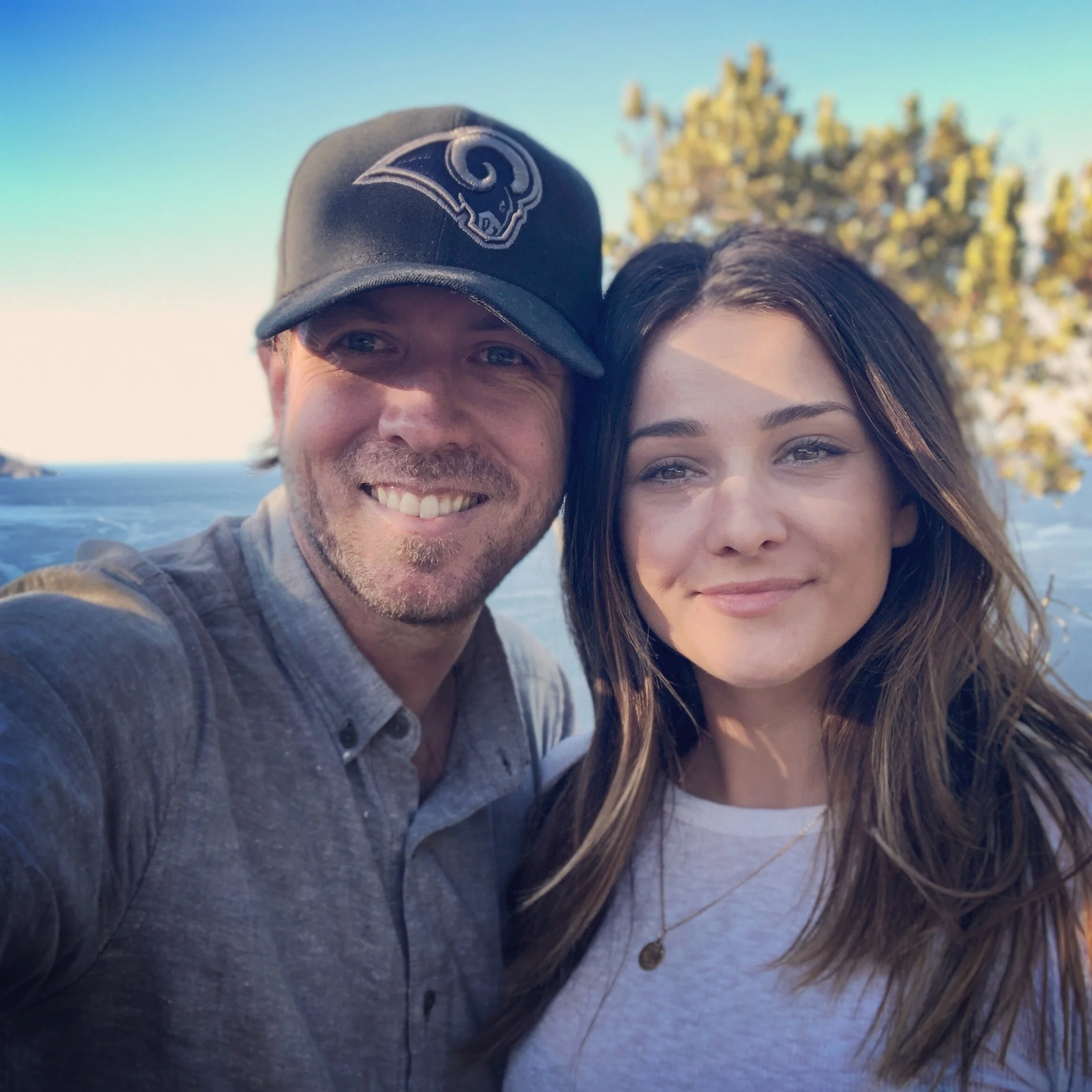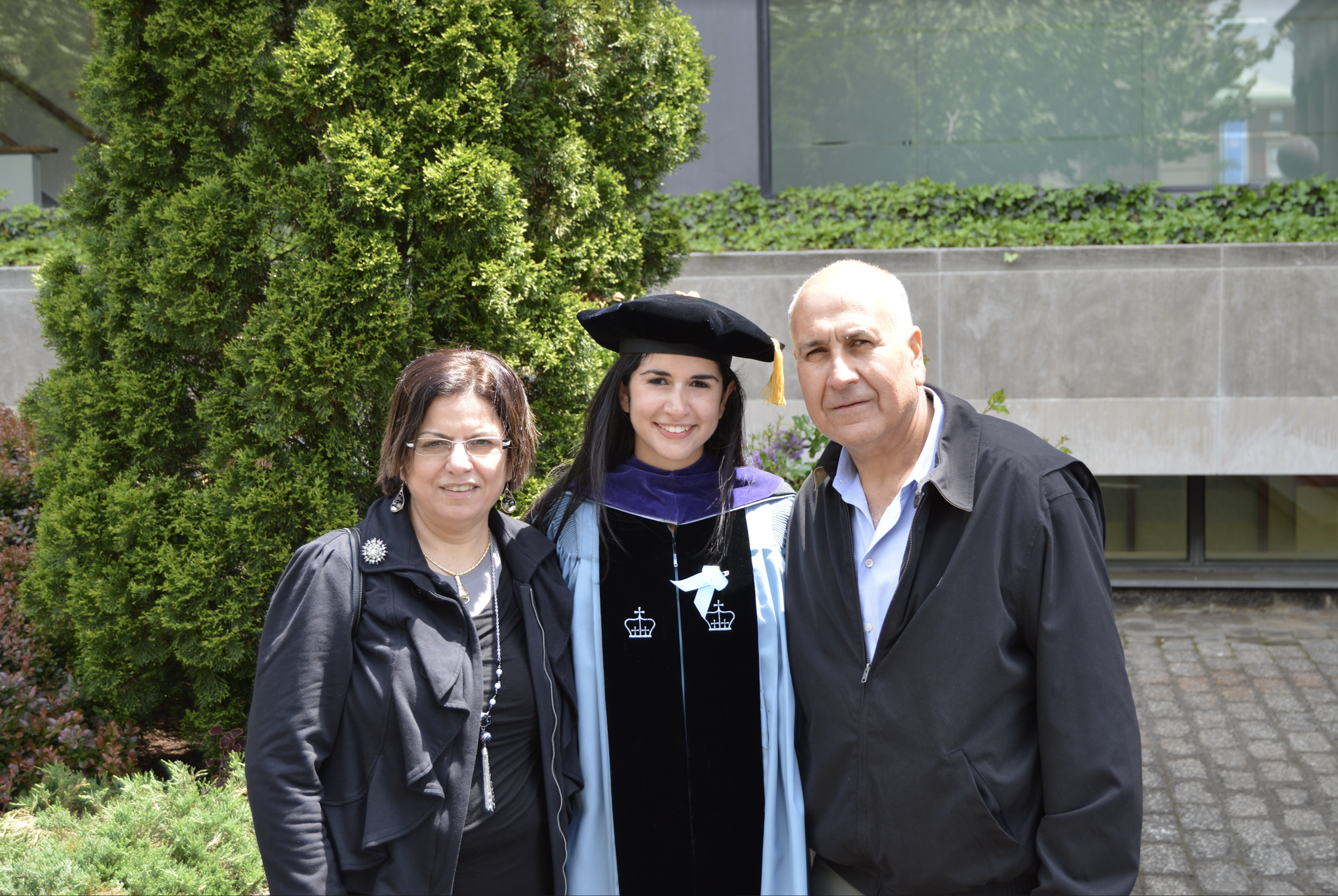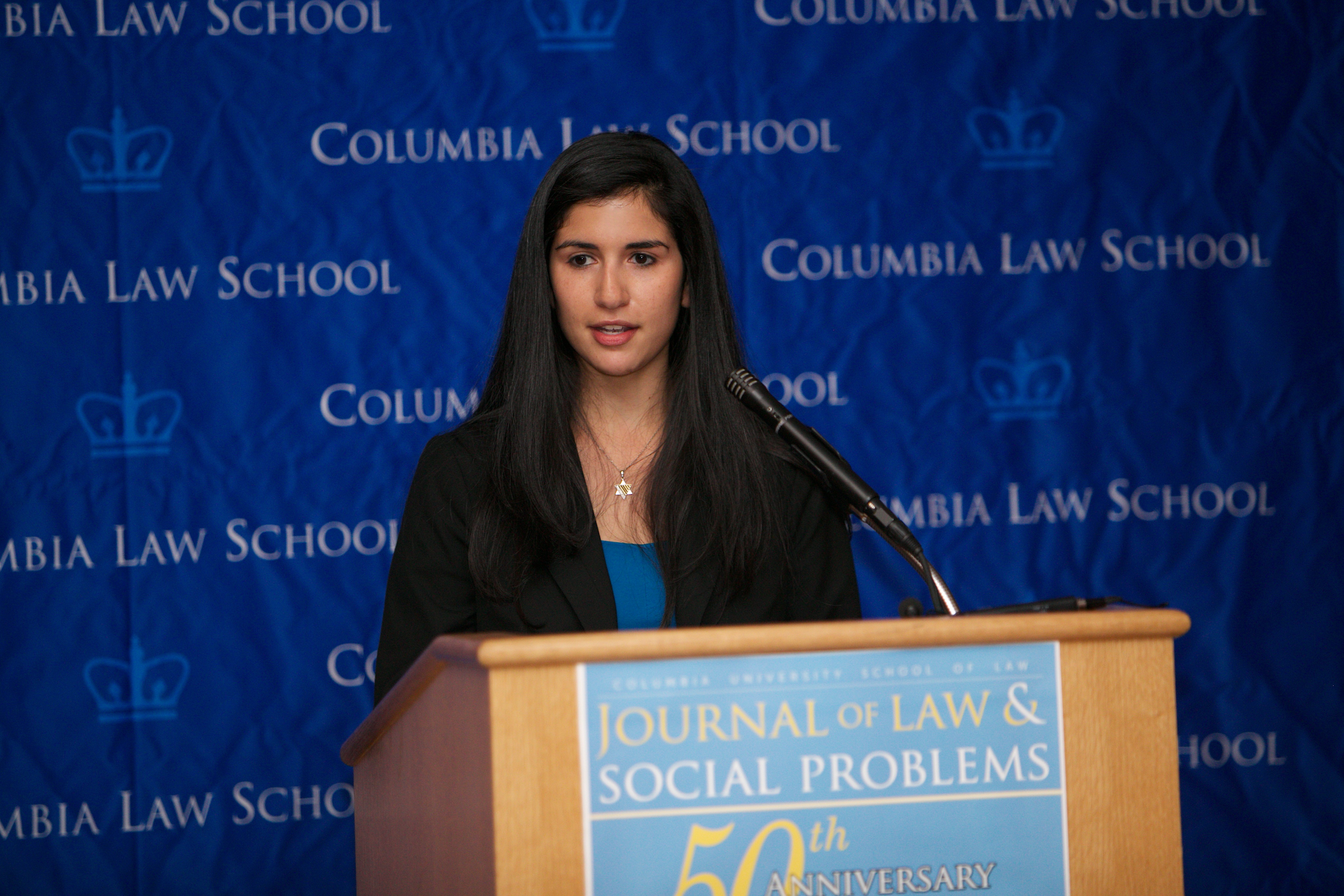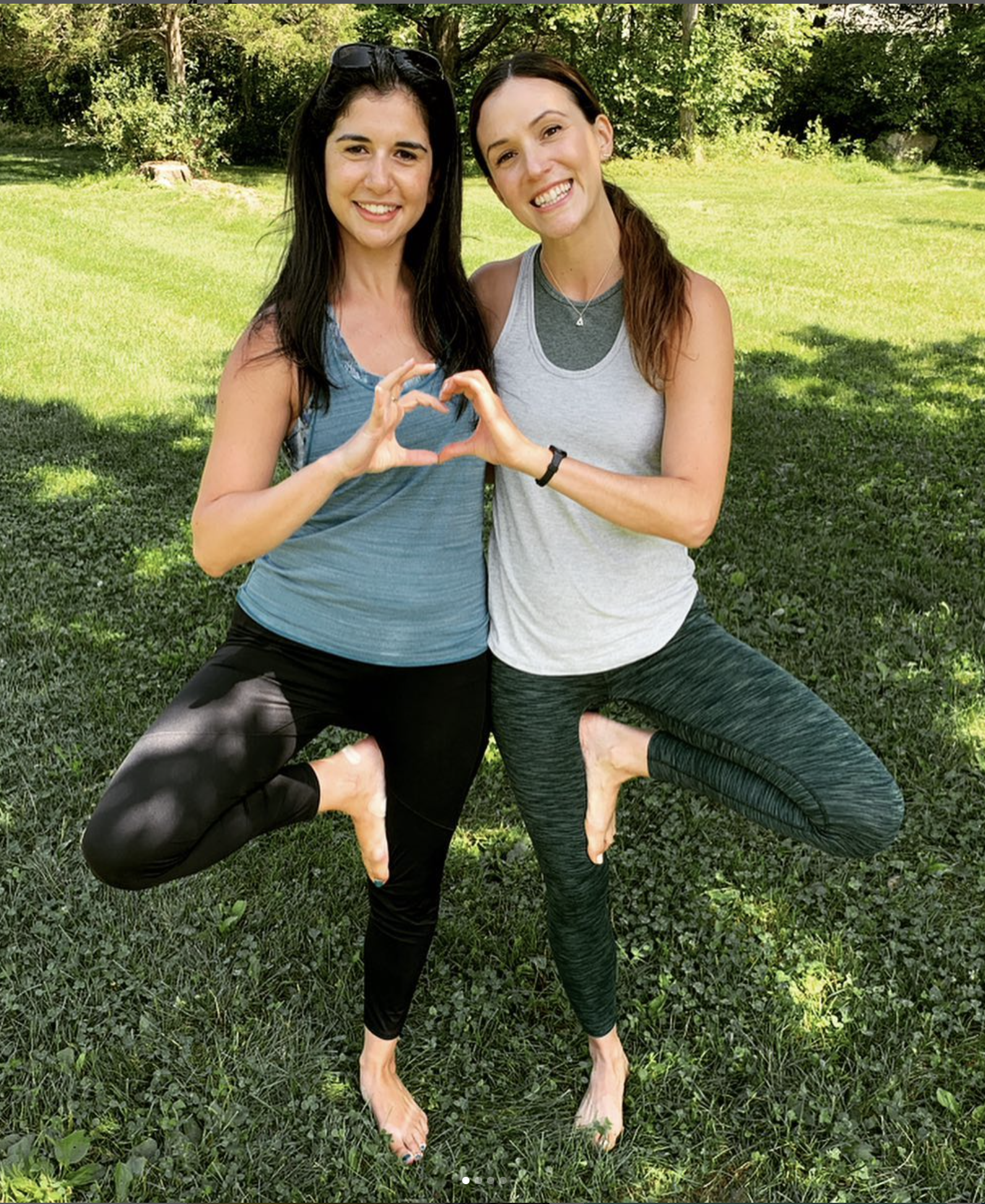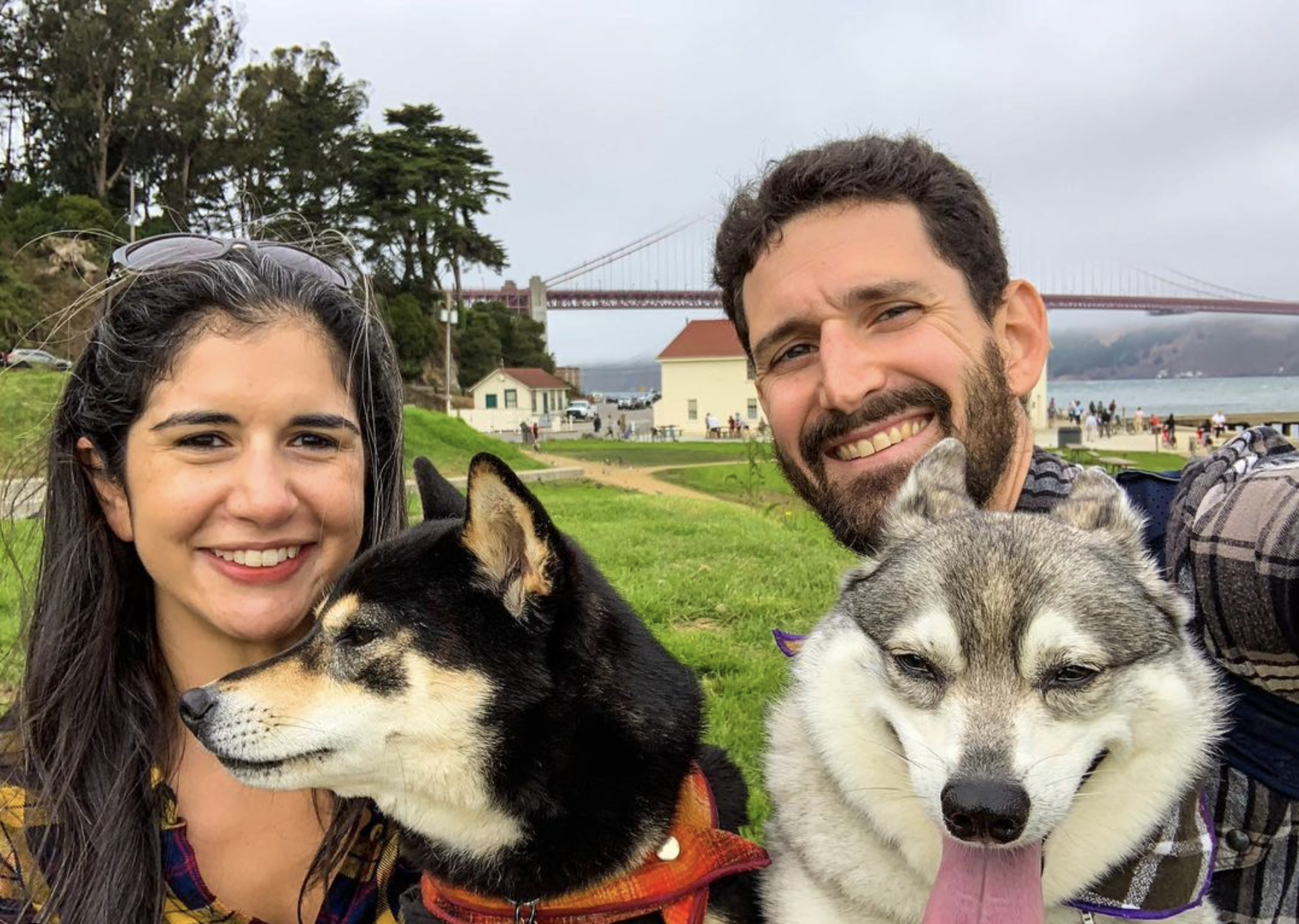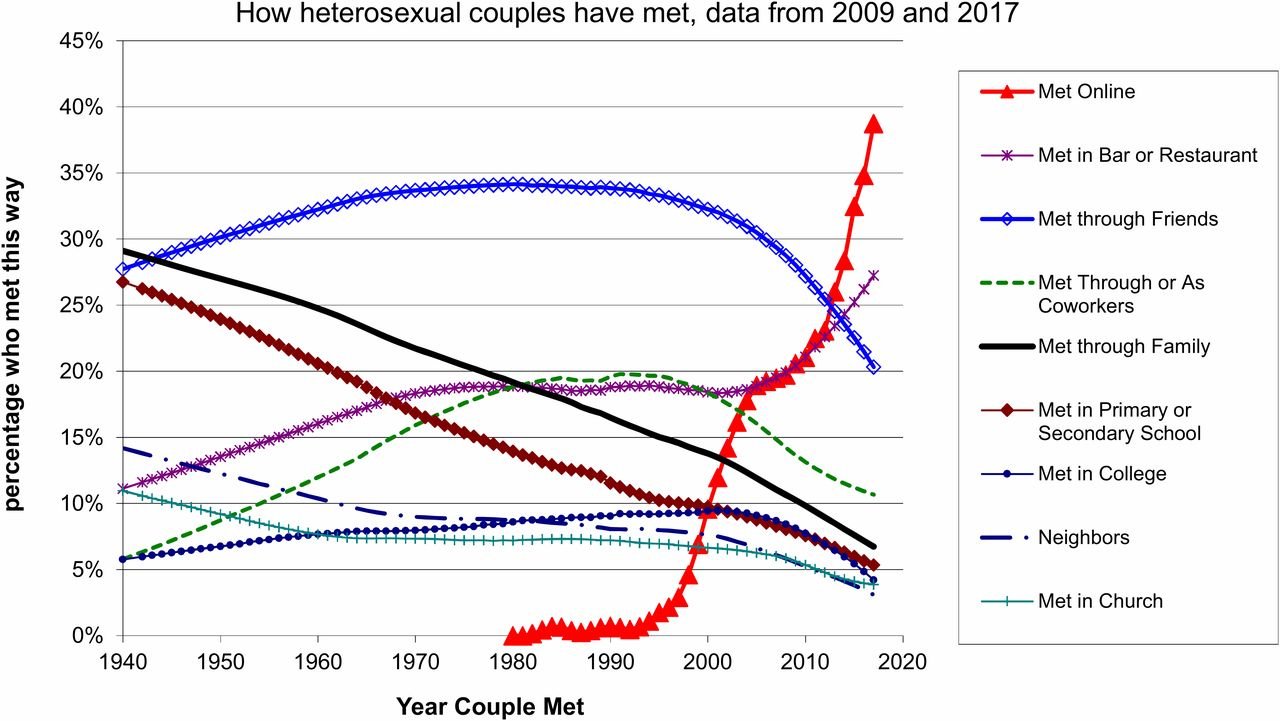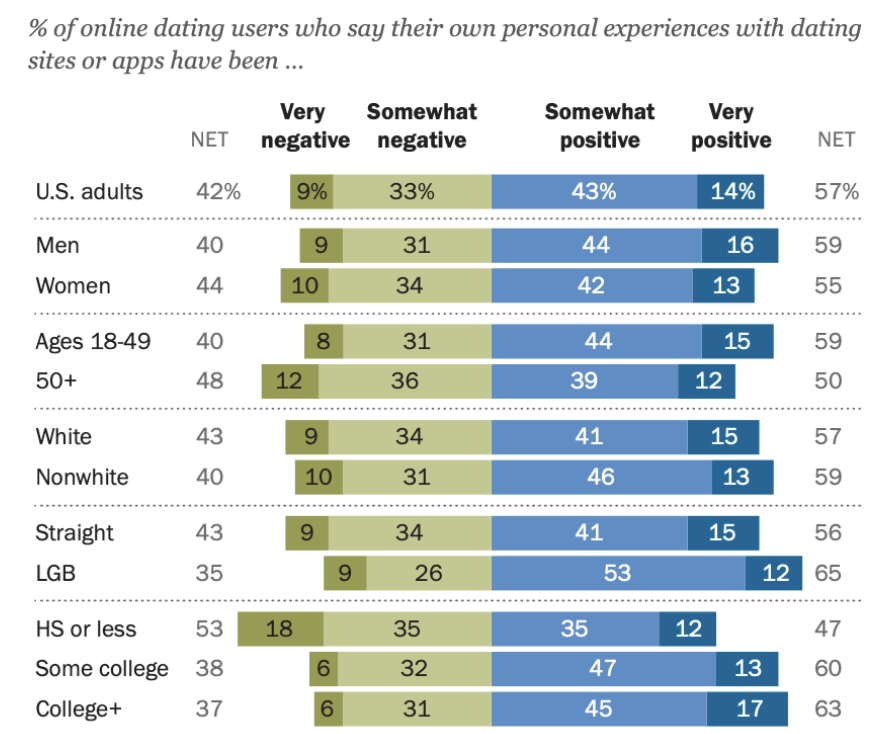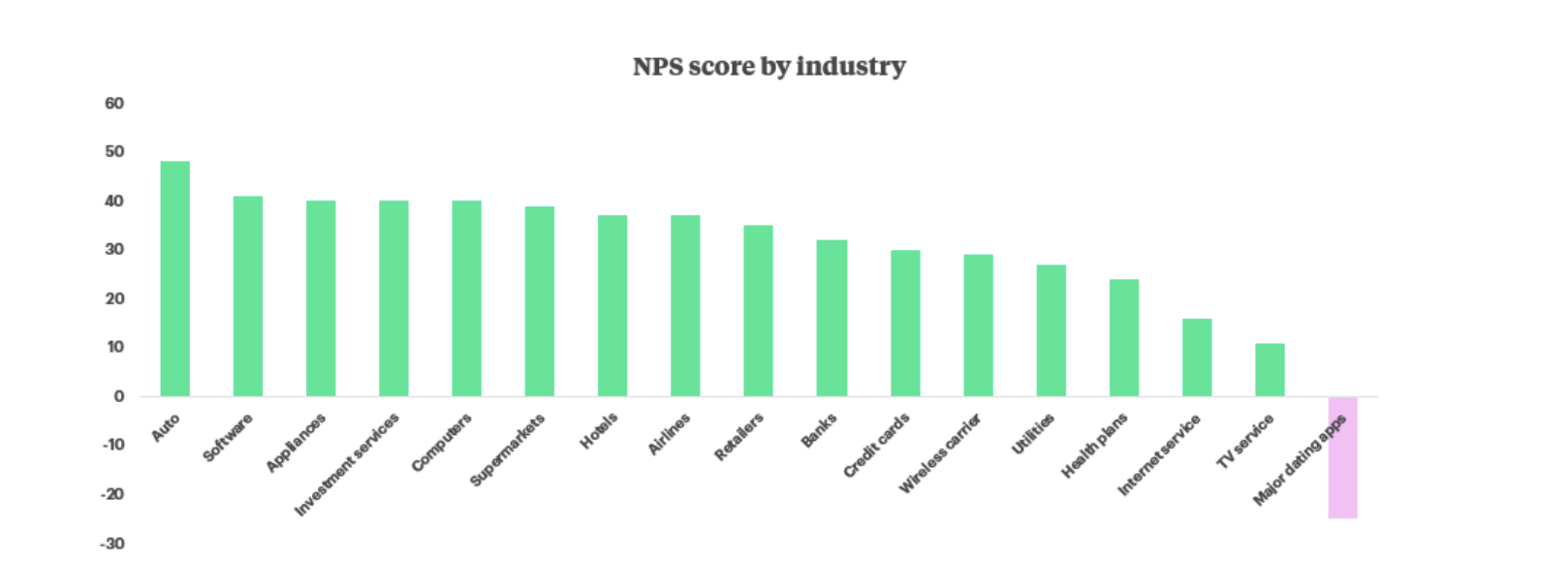Decades before the days of Tinder, Hinge, and OkCupid, cupid’s arrow landed flush on Taly Matiteyahu’s parents, Hana and David. At the time, they were two unsuspecting Israeli tourists who just so happened to be in the same stalactite cave on vacation in Spain.
They, strangers, together marveled at its ceilings: assembled ranks of ancient jagged rock—hanging—slipping droplets of calcium into the still water. They matched in a small boat passing tacitly through a shimmering subterranean river, on a sweltering day in Palma de Mallorca.
When Hana thinks back to that day she remembers the warmth in the air, the subtle magnetism she noticed between her and her would-be spouse before they even spoke: how they would end up in each other's periphery as they toured the sandy hues of old Spain.
She remembers, in the darkness of the Drach caves that day, the dignified chivalry with which David helped her out of the boat by the hand, their skin touching for the first time. This, followed by a very short courtship back in their home country, eventually led to a happy marriage of decades and a family, with their first-born, Gillad, having been born in Israel and Taly three years later, after they immigrated to the United States.
Hana, Taly, and David Matityeahu at Taly’s Columbia Law graduation ceremony.
Source: Matiteyahu Family Archives
Taly Matiteyahu was raised in New Jersey by her parents: her father, a construction contractor turned entrepreneur, and her mother was a school teacher. “They came here with very little and built a life here. They gave so much to me and my brother.” Matiteyahu recounts in one of our interviews. “I am grateful for all that they’ve done. I know it was hard for them, especially being far from their families. The sacrifices that they made so that we can have this life remind me that I can't just waste it. I’ve got to take advantage of it.” she continued.
Being a lawyer was Matiteyahu’s mother’s lifelong dream and both of her children went on to fulfill it. Taly graduated magna cum laude from prestigious New York City schools, namely, Columbia and NYU. She interned in various New York City government agencies and continued her career at a prestigious New York City practice. Today, Taly Matiteyahu is the CEO and co-founder of Blink Date, a voice-first speed dating app, whose open beta launched earlier this year and is available now on both iPhone and Android platforms. Her brother is still a prodigious lawyer.
Despite having pursued this career for nearly a decade, the younger Matiteyahu quickly realized she had enough. She had been working as a bankruptcy lawyer for a top New York firm and realized that she had found every area of law she had interned in prior to landing the job “soul-sucking” in its own way. Even her pro bono work unnerved her given the complex bureaucracy she had to surmount to help impoverished women obtain uncontested divorces.
“In one case we had to publish the notice for divorce in all of these publications--that I imagine almost no one ever read--before [the court] would grant [the woman] the divorce,” Matiteyahu recalls. She explained how restoring the divorcee’s maiden name was yet another toil. “It was incredibly fulfilling upon completion, but the process was very frustrating. When one has the resources, processes… are accessible but just a bit of a pain to go through. But for many women and other disadvantaged people… it’s just not accessible.”
Matiteyahu, giving a speech at a banquet she helped plan and organize for the 50th anniversary of Columbia Law School’s Journal of Law and Social Problems when she served as its Executive Editor.
Source: Matiteyahu Family Archives
Matiteyahu had always been a paragon for perseverance and resourcefulness. As a high-school student, she funded school field trips to Spain and Costa Rica herself by selling Airheads to her classmates for an entire year. “I was like, the Airhead supplier”, she remembers in jest. “And even though other people started selling them, everyone knew that I was always stocked, that I always had them with me. I wasn't leaving them in my locker and saying I will get back to you later. So I was very efficient with my Airhead pushing,” she reminisced as she laughed.
Similarly, refusing to let her lack of technical engineering expertise be an excuse for inertia for her business, she launched a proof of concept in the form of a podcast when her desire to work on Blink Date reached critical mass. Matiteyahu knew that Date in a Blink, this podcast in which real voice-based blind dates play out, would be critical for validating demand for the concept and proof of early traction. There were three times as many registrants than they had space to accommodate in the first season’s 17 episode run. It is now in its second season, streaming on pretty much any platform you can think of.
Her resourcefulness is a trait she says she gleaned from her parents, watching her parents hustle for the American dream. “To me, it all seemed sort of natural, like 'this is what you gotta do to make your dream come true’, which ideally wouldn't be so hard, but to me, it seems normal to put in the long hours and to work really hard to accomplish the goal, whatever it may be,” Matiteyahu explained. “In my case, it’s to build Blink Date, In my parents’ case, it was to build a life for my brother and me.”
Blink Date got its genesis in a blackout dining experience at NaLaga'at, a non-profit & performing arts center for the visually and hearing impacted in the Old Jaffa section of Tel Aviv nearly a decade ago on Matetityahu’s gap year in Israel between NYU and Columbia. In this curated culinary experience, people dine—communicating and connecting—through the shared sensory experience of sightlessness. Guests were encouraged to take their preference of how to interact with other tables. Recalling the experience in interviews Matiteyahu jokes casually about the intrigue of eating in complete darkness, but that meal became the foundation of her vision of relationships and dating in the digital age.
That very summer, Matiteyahu, who cites the likes of Sarah Blakely, Esther Perel, and Michelle Obama as her inspirations, took a program manager role at Playtech Israel, working with engineers and designers as a cross-functional product owner, delivering on a contract management system that year. She was building product management experience that went on to serve her well in her post-law pivot which consisted of a Legal Ops role at Netflix and a Product Manager role at Evisort, an AI-powered contract management software company that quadrupled its revenue in 2020 and announced a Series B fundraising of $35M in Q1 2021.
As she made consistent inroads at the intersection of legal and tech, she became increasingly fascinated over the years with the potential for voice-based connection at scale, by how this shared synchronous experience in pitch darkness could be containerized to expose and mitigate the effects of the heuristics we use every day to judge people by what we see. She recently resigned from Evisort to work on Blink Date full time.
“Making connections with strangers based on conversation alone, free of looks-driven assumptions, sparked the thought: would people date a wider variety of people and find more satisfying relationships if they were able to make an emotional connection with someone before swiping?” Matiteyahu said. “In 2020, I finally began turning the vision into reality and hope to change online dating’s looks-first paradigm and, one day, move the concept beyond the dating world.” When I got a chance to sit down with Taly at her home in Gowanus we discussed her long-term vision for Blink Date, the advent of swipe culture, and the dynamics of modern relationships, as her dog barked energetically in the background.
BlinkDate, Voice First Speed Dating
Source : BlinkDate Inc.
We sat at her kitchen table, where she swaps, swipes at, and stacks her work and personal MacBooks throughout her workday that often starts with yoga, Peloton, and a light breakfast. The latter MacBook is demarcated with glossy cartoon stickers of her two dogs: SoomSoom, a gray Shiba, and Barak, an Alaskan Klee Kai. Barak and SoomSoom have over 25 thousand followers on an Instagram profile that Matiteyahu started as a way of coping with the stress of coming to terms with leaving law and switching careers.
Ranks of impeccable acrylic panes stained with stunning landscape photography from the thirty countries she has visited span the far wall. A TreatTeek, a stylish, portable pet treat bag of only a few square inches that Matiteyahu designed and created for the busy metropolitan dog owners as a passion project which served as her first entrepreneurial venture.
Matiteyahu is an avid and unabashed animal lover (especially dogs and squirrels), an Asana superuser, and a streak hunter. She has accumulated years worth of consecutive daily bike rides, rides, and sessions of Yoga with Adriene. She started her yoga practice after a former co-worker—another recovering lawyer— introduced her to it when she noticed Matitetyahu had seemed a little stressed. She shares her father’s eyebrows and easy-going smile, with nearly a yard of glossy, wavy black hair with a bold streak of white in the front that started in high school that makes her hair look even more voluminous, flowing from her lithe 5’4’’ frame. She thinks it makes her like a superhero: like Rogue from the X-men.
Taly and Adriene Mischler of Yoga with Adreine fame.
Source : Instagram; Taly Matiteyahu @taleesita
Her reputation among colleagues and friends as a tenacious professional inspired trust in them that even if Taly left law she would find some ways to adapt and excel. As Taly spritefully hopped to the front door to invite me in with a fist bump, I noticed the glass of water she had prepared for my arrival, and the off-white bundle of off-white bandages formed a neatly wrapped bundle of cloth around the ankle she broke after missing a step on the way into her six-story apartment building one evening a couple of weeks prior.
Besides having to hop to the door to welcome me or the occasional guest into her home, continuing her yoga streak of over two thousand consecutive days with seated versions of her favorites asanas, and working at her kitchen table instead of in her office, the broken foot seems to have hardly slowed her down at all.
She doesn’t take strolls through Brooklyn or sit on her back porch to watch the squirrels, for whom she bought a swing and feeding bowls for food and sweet nuts in her backyard, as often as she would like to, but sometimes she asks her partner, Doug, to walk her through the office and out the backdoor to sit and watch the squirrels. He dutifully obliges, bracing her weight with his firm grip at the bend of her elbow as she descends.
Taly, her partner Doug and their dogs, Barak and Soom Soom
Source : Instagram; Taly Matiteyahu @taleesita
Taly and Doug’s meet-cute shares the same charm as her parents’, the two NYU students becoming acquainted by a water cooler in one of the corners of the Tamiment Library, one of NYU’s archives. Doug worked there as a graduate student at the university, studying world history at the same time Taly worked there part-time as a library page, pursuing a history-Spanish double major. Doug was reading the legal journalist Jeffrey Toobin's New York Times bestseller, The Nine, by the water cooler, and Taly approached, sparking a playful yet impassioned sparring of charm and wit about the Supreme Court. They concluded their chat with introductions and then began noticing each other more around the Greenwich Village Campus they shared and before long, started sharing the lunch breaks of their busy student days together in the very same library.
Nowadays, even you probably know someone that has met their long-term partner online and only a slim majority of users report having positive experiences with what is currently available in the market. The COVID 19 pandemic has compounded the rate of technological adoption, which has, in turn, exacerbated some of online dating’s more problematic interpersonal dynamics, leading to some rather unsettling trends. In fact, we may very well be amid some of the last generations for whom these idyllic, tactile, "meet-cute" experiences that brought Taly’s parents, and then Taly and her partner of ten years together so many years later, are common experiences at all.
Research led by renowned social demographer and Stanford Professor of Sociology, Michael Rosenfield, published in 2017 showed that, for the first time, heterosexual daters are most likely to meet a new romantic partner on an online dating platform, with more respondents reported to having met online than through family or friends combined; which is to say nothing their ubiquity in LGBTQ+ communities for whom apps like Grindr revolutionized the mobile dating scene, launching and gaining significant traction back in 2009, preceding even the founding of Tinder's and its explosive rise in popularity in the mid-2010s.
Everyone knows someone who met their partner online by now among family and friends and with every passing year, “we met online” seems to be becoming an adequate summation of most modern courtships. Feature documentaries like The Tinder Swindler and the all too common murder mystery headlines that end in “she met him online” highlight the more extreme crimes and tragedies associated with dating strangers in cyberspace: crimes that uniquely endanger women, crimes that law enforcement agencies struggle to even contend with well enough to investigate, let alone prosecute.
Online dating with any sense of safety or security has probably never been more difficult for young women. But if we take an even closer look into the data, it’s clear that cyber-dating involves important trade-offs for all of its users across the gender spectrum. Although nearly half of women daters reported having been continuously contacted after making clear their disinterest or having received unsolicited NSFW messages, so too did over a quarter of men.
In their study on online dating published in February 2020, just before the pandemic commenced stateside, researchers at the Pew Research Center estimated that a narrow majority of 53% of US adults consider online dating an even ‘at least somewhat safe’ way to form new relationships. They also found that at least 25% of online daters had reported increased feelings of insecurity, pessimism, or frustration as a result of using the apps and that nearly 40% of daters who had ever used a dating app considered their experience to be a negative one.
Nevertheless, the global online dating market is growing, estimated to reach about $11B by 2028, at an annual compound growth of about 5% according to the investment firm Grand View Research while a breakdown of the future of dating by Danielle Lay and Hunter Worland of New Enterprise Associates (NEA) estimates that it is already tripled that at around $30B. And while it remains most popular amongst the queer, Gen Y, and especially Gen Z and the college-educated among them, all signs point to online dating becoming more and more normal every year, for better or worse.
Lay and Worland outline some key insights about mobile dating that Matiteyahu had been noticing for the last few years: consumers are about ready to break up with the swipe, match, chat cycle. There is no shortage of dating apps looking to capitalize on this customer dissatisfaction either by cornering a particular niche demographic or affinity group or around specific intent when it comes to dating. But that only addresses half of the story. The sheer volume of acquaintances we make commodifies and trivializes the connections we make on these apps.
Matiteyahu designed Blink Date with these dynamics in mind, staking out her vision for authentic connection by altogether eschewing two of the industry’s most defining UX components, namely, swiping and profile feeds. If sparks fly on a Blink Date: a ten-minute double-blind, speed date between perfect strangers, the couple can double-opt-in to see a single picture, a ‘glance’, of one another and may continue to connect in the case that the pair matched.
The vision is for this to include connections that needn’t necessarily be romantic. It could be an emotional connection, a sense of shared values, a shared sense of human or common world view, all of which are harder to see when your first exposure to someone is their physical appearance. She wishes to ultimately expand and explore opportunities for applications of this double-blind, voice-first concept in challenging biases and stereotypes in hiring and university recruitment.




